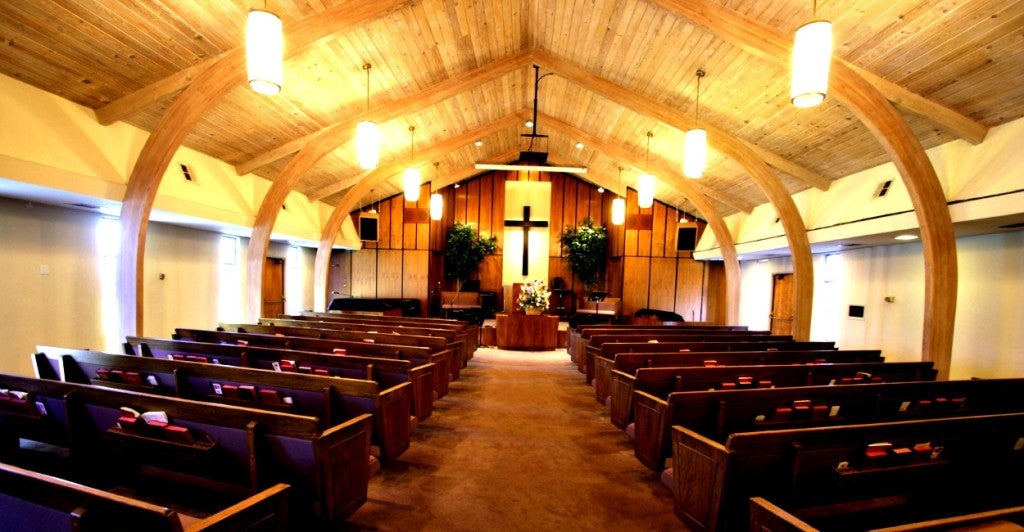This Valentine’s Day, skip the chocolate and flowers. If you really want your spouse to be happy, the best thing for your relationship may be to celebrate Valentine’s Day by going to church and praying together.
A new study—released just in time for National Marriage Week and Valentine’s Day—suggests that attending church with your significant other is advantageous.
The Institute for Family Studies’ new research brief, “Better Together: Religious Attendance, Gender, and Relationship Quality,” examines the association between relationship quality and religious attendance among both married and unmarried couples.
Using a national sample of about 1,600 adults ages 18-59 in romantic relationships, the researchers, Brad Wilcox of the University of Virginia and Nicholas H. Wolfinger of the University of Utah, found that shared religious attendance and a man’s religious attendance are associated with higher relationship quality.
Seventy-eight percent of couples that reported shared religious attendance reported they were “very happy” or “extremely happy” with their relationship. In couples where only the man attends regularly, the same percentage, 78 percent, reported they were very or extremely happy.
Just 67 percent of couples where neither attends church report they are very or extremely happy in relationships. Couples were least likely to report relationship satisfaction when only the woman attends church regularly—just 59 percent.
Wilcox and Wolfinger suggest that the difference in satisfaction levels among couples where only the man attends church and couples where only the woman attends church could be because “men are especially likely to benefit from the normative and practical emphasis that religious institutions tend to put on family life and marital fidelity, insofar as men typically devote less time and attention to family life than women, and are more likely than them to be unfaithful. In other words, religious services may be particularly effective in turning the hearts and minds of men towards their partner’s welfare and the relationship more generally.”
Why is relationship happiness more likely to occur with joint church attendance? The researchers suggest that sharing friends in religious congregations as well as praying together is important for relationship quality.
[M]en and women who have more than half of their friends at the same religious congregation are about 11 percentage points more likely to report they are very happy in their relationships than those who do not,” the researchers note. “Enjoying shared friendships in a religious congregation may boost relationship quality by giving such couples a sense of belonging and community, as well as other models of successful relationships.
Praying together is even more strongly liked to relationship satisfaction than is attending church together:
[M]en and women who report praying together frequently (almost once a week or more often) are 17 percentage points more likely to say they are very happy together. Joint prayer is likely to engender a heightened sense of emotional intimacy, communication and reflection about relationship priorities and concerns, and a sense of divine involvement in one’s relationship.
In fact, shared prayer was a stronger predictor of relationship quality than all other factors measured in the study, including the education and age of couples.
This isn’t the first study that links religion and relationship quality. Other researchers have also found that religiosity and religious practice are connected with better relationship outcomes: lower likelihood of infidelity, better conflict resolution, and lower likelihood of divorce, among other benefits. This study and others add credence to the old adage “the couple that prays together stays together.”
